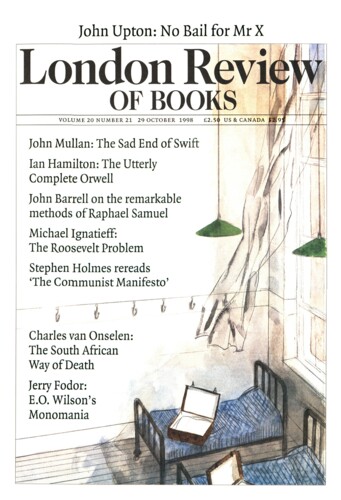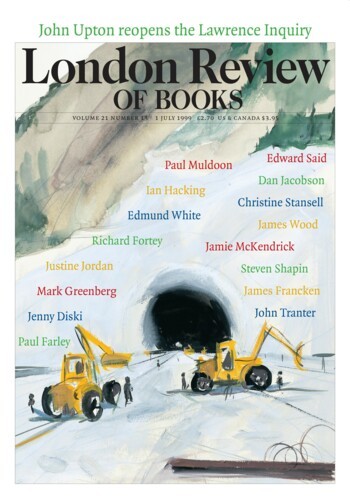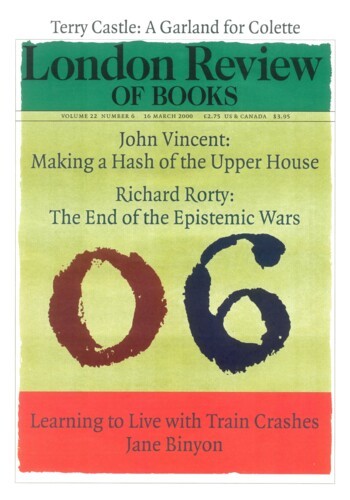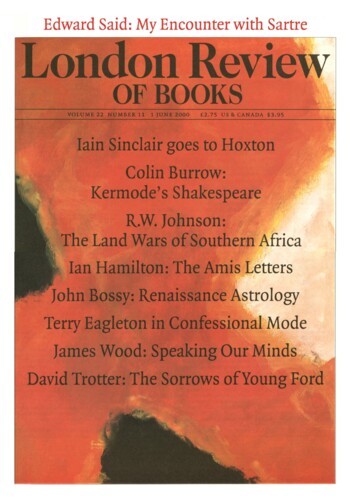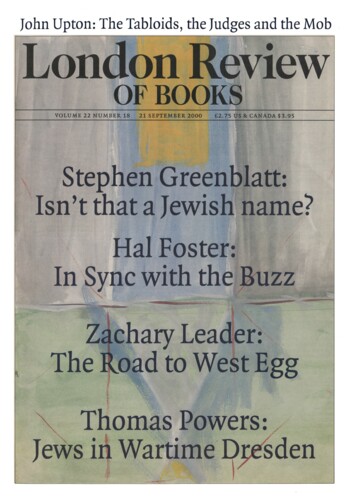Diary: No bail for Mr X
John Upton, 29 October 1998
To enter Greenwich Magistrates Court you must first go through an airport-style metal detector which squeals at the slightest provocation. The Court is a small Victorian building with wood-panelled court rooms that lead off a waiting area with a mosaic floor. A few rows of green metal seats are bolted to this floor and there is a drinks machine in one corner. To find out which court room you are appearing in, you have to look at the printed lists which are pinned up on one of the walls. There are no specific times given for hearings so when you get to appear in court is a matter of luck, persistence and whether your client (or lawyer, if you’re a client) turns up early or not. The atmosphere in an old court like this is best likened to that of an understaffed Accident and Emergency Department in which none of the patients wants to be treated.
